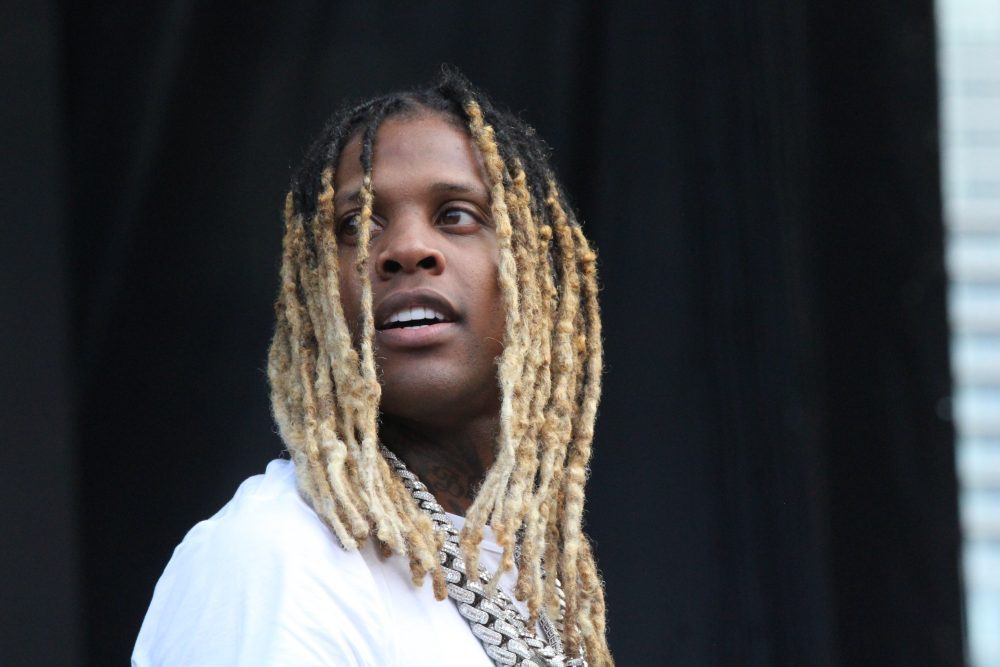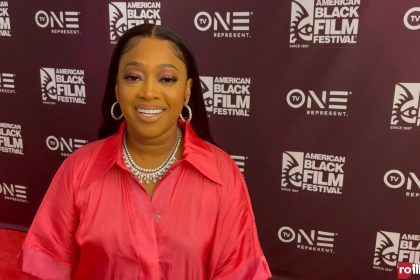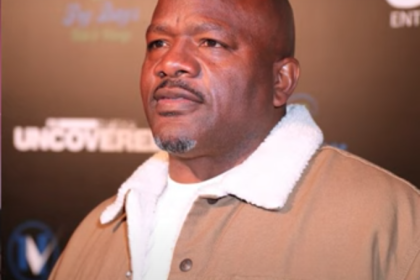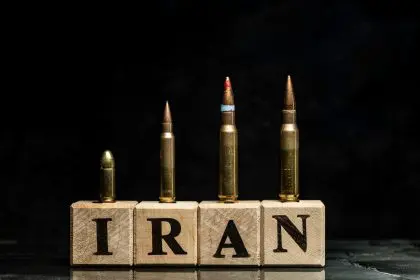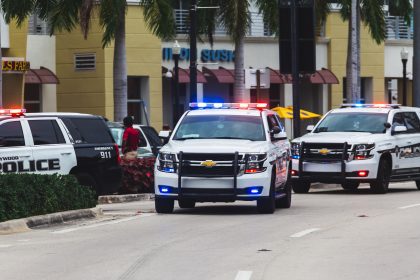In a recent development surrounding the ongoing legal issues involving rapper Quando Rondo, Lil Durk’s producer, Jusvibe, has come forward to clarify the timeline and lyrics of a song that has become a focal point in the prosecution’s case. The track in question, titled “Wonderful Wayne and Jackie Boy,” features Babyface Ray and has been cited by prosecutors as containing lyrics that seemingly boast about a murder.
The incident: A tragic event
The backdrop of this controversy stems from a tragic incident that occurred in August 2022, when Quando Rondo was ambushed in Los Angeles. This attack resulted in the death of Rondo’s cousin, Lul Pab, which has since led to a complex legal situation. The prosecution alleges that the lyrics of the song reflect a chilling connection to the events surrounding Lul Pab’s death, particularly a line where Durk references someone screaming “No” after a murder.
Coincidence or connection?
Jusvibe has stated that the song was recorded seven months prior to the ambush, suggesting that the timing is purely coincidental. He emphasizes that the lyrics should not be interpreted as a direct commentary on the incident involving Rondo and Lul Pab. This assertion raises questions about the implications of artistic expression in the context of real-life events.
Lyrics under scrutiny
The specific lyrics in question have sparked considerable debate. Critics argue that the lines could be seen as glorifying violence, while supporters of Durk and Rondo contend that the lyrics are merely a reflection of the struggles and experiences faced by many in the hip-hop community. The line where Rondo was heard screaming “No” in a video that circulated online after the shooting has further complicated the narrative, leading many to draw parallels between the song and the tragic event.
The role of music in legal cases
This situation highlights a growing trend where music is increasingly being examined in legal contexts, particularly in cases involving violence. The intersection of art and law raises important questions about freedom of expression, the responsibilities of artists, and the potential consequences of their work. As the legal proceedings continue, the implications of using song lyrics as evidence will likely be a focal point of discussion.
Community reactions
The Black community, particularly those engaged with hip-hop culture, has expressed a range of opinions regarding this case. Some view the prosecution’s use of the song as an attack on artistic freedom, while others believe that artists should be held accountable for the messages they convey through their music. This debate is not new; it echoes historical discussions about the impact of hip-hop on society and the responsibilities of artists.
A complex narrative
As the case unfolds, it serves as a reminder of the complexities surrounding art and its interpretation in the face of real-world violence. The statements from Jusvibe provide a crucial perspective, but they also open the door for further dialogue about the role of music in shaping narratives and influencing public perception. The outcome of this case may set a precedent for how similar situations are handled in the future, making it essential for the community to stay informed and engaged.

